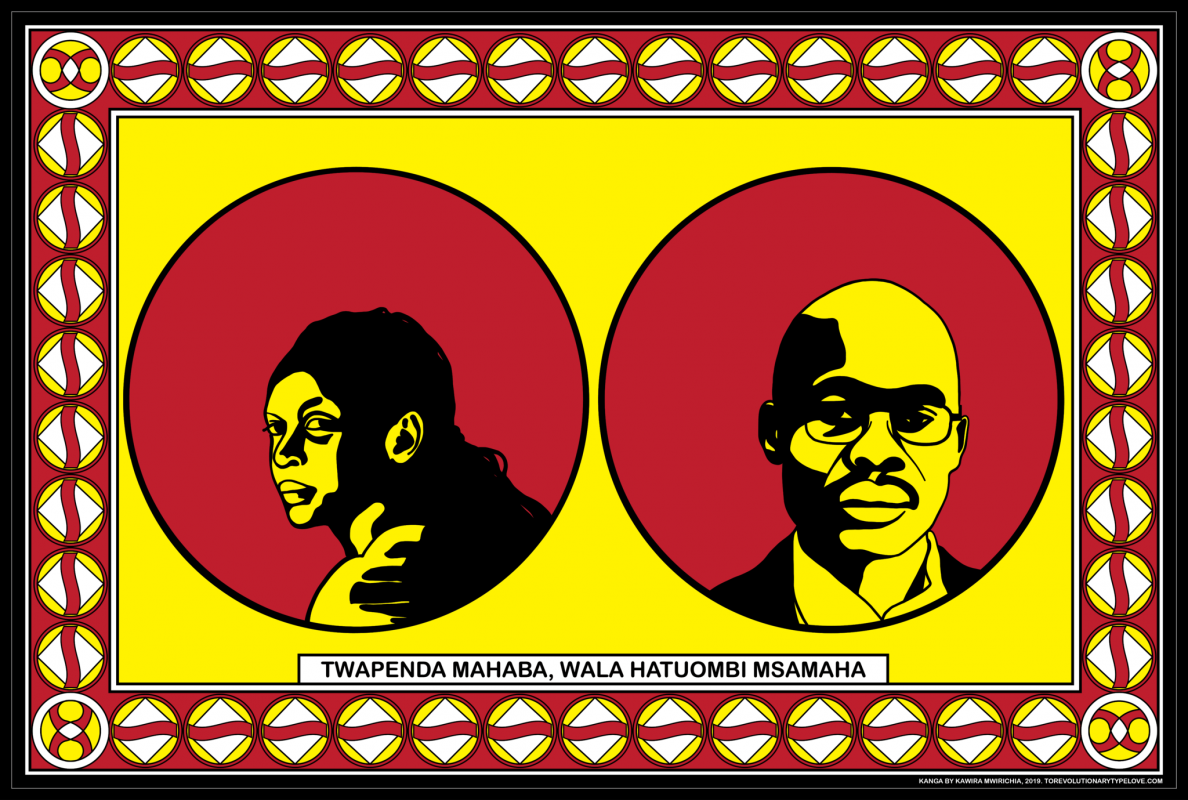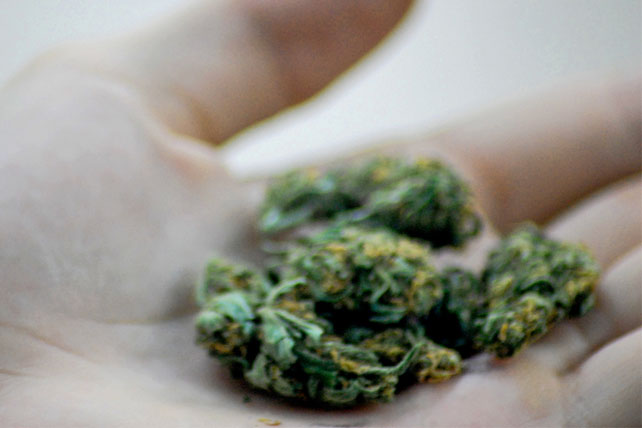Events in Uganda this week highlight how drug policies continue to be used as a mechanism for social control and the criminalisation of marginalised communities.
Shortly after midnight on November 11th, 127 people were arrested at Ram Bar, one of the few LGBTQIA+ friendly bars in Kampala. The arrests were made by the Ugandan police, army officials, and Local Defense Units who rounded off everyone and took them to the central police station. At the time of writing over 60 people are still confirmed to be in police custody.
The official justification for this mass arrest was for the use of banned substances, specifically the smoking of shisha and opium. In an interview with VOA, Patrick Onyango, the Kampala Metropolitan Police spokesperson, said police received intelligence that Ram Bar is a hub for the illicit use of controlled substances; the people arrested will be charged under the Tobacco Control Act (2015). Those found guilty for using shisha or opium can be fined $130 or imprisoned for up to six months.
However many on the ground including Frank Mugisha, the Executive Director of Sexual Minorities Uganda, argue that this is clearly an attack on the LGBTQIA+ community, with drug laws being utilised as a means to criminalise and intimidate. In an interview with VOA, he noted that Ram Bar is one of the few public spaces to do outreach with the LGBTQIA+ community and at the time of arrest, a health meeting and celebration was taking place.
An anonymous source desribes their experience of the arrest: "The whole time it was incredibly abusive, verbally and physically. I got slapped around, kicked and so did a bunch of others. They were saying very homophobic things – we are going to eradicate people like you, how dare you, you're making us look bad", Alice McCool reports.
"They took the women first and then the men. They kept picking out people and asking 'are you a man or a woman?' myself included. We saw the press were there, they came together with the police: it was really scary, they were taking pictures of everyone, lights flashing in our faces"
According to people on the ground, the media had been informed of the operation in advance, so video filming took place as well as pictures of the people being arrested. There is some concern that media outlets will blackmail LGBTQIA+ activists or repeat a mass outing of LGBT activists, which happened in Rolling Stone newspaper in 2010 and led to targeted attacks.
This is the second incident this month targeting the queer community in Uganda. Sixteen LGBTQIA+ activists were recently arrested on suspicion of gay sex. This came shortly after a Ugandan minister announced that the government planned to reintroduce the controversial death penalty for gay sex bill. It is now clear that the bill will not be reintroduced, arguably due to the potential backlash from the international community. It seems that the Ugandan state are using other means, including drug laws, to criminalise the LGBT community in the country.
It is crucial to acknowledge the impact of the American Evangelical church in Uganda, which seeks to implement punitive anti-homosexuality laws for their own political agenda. Scott Lively, a North American Pastor and president of Truth Ministries, was sued in 2012 by Sexual Minorities Uganda, for crimes against humanity, due to his role inspiring a movement to strip away the rights and impose the death penalty for LGBTQIA+ Ugandans. While it is necessary to hold the Ugandan state to account, we must also acknowledge and repair harms from the colonial legacies implemented by the British and now those from the USA. British colonial rule brought anti homosexuality laws to many African nations, including Uganda.
In contemporary times, exported homophobia and drug policies from the USA are being used to criminalise sexual minorities and activists in Uganda.


